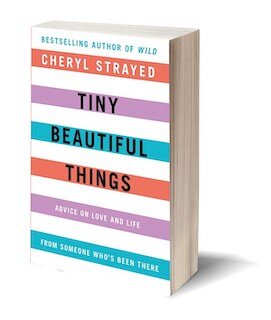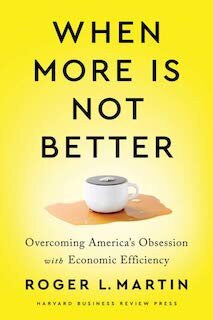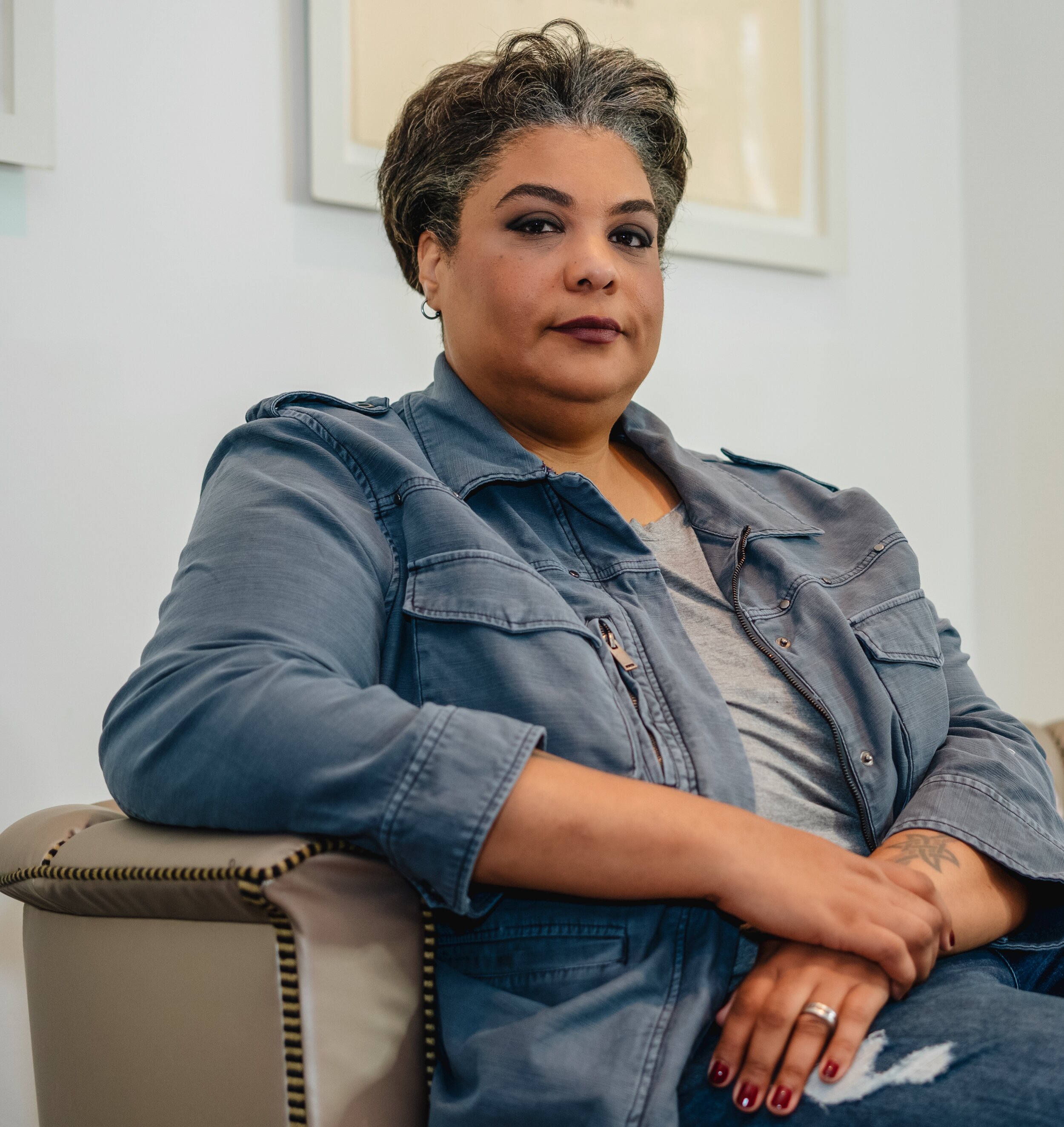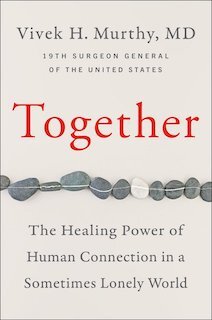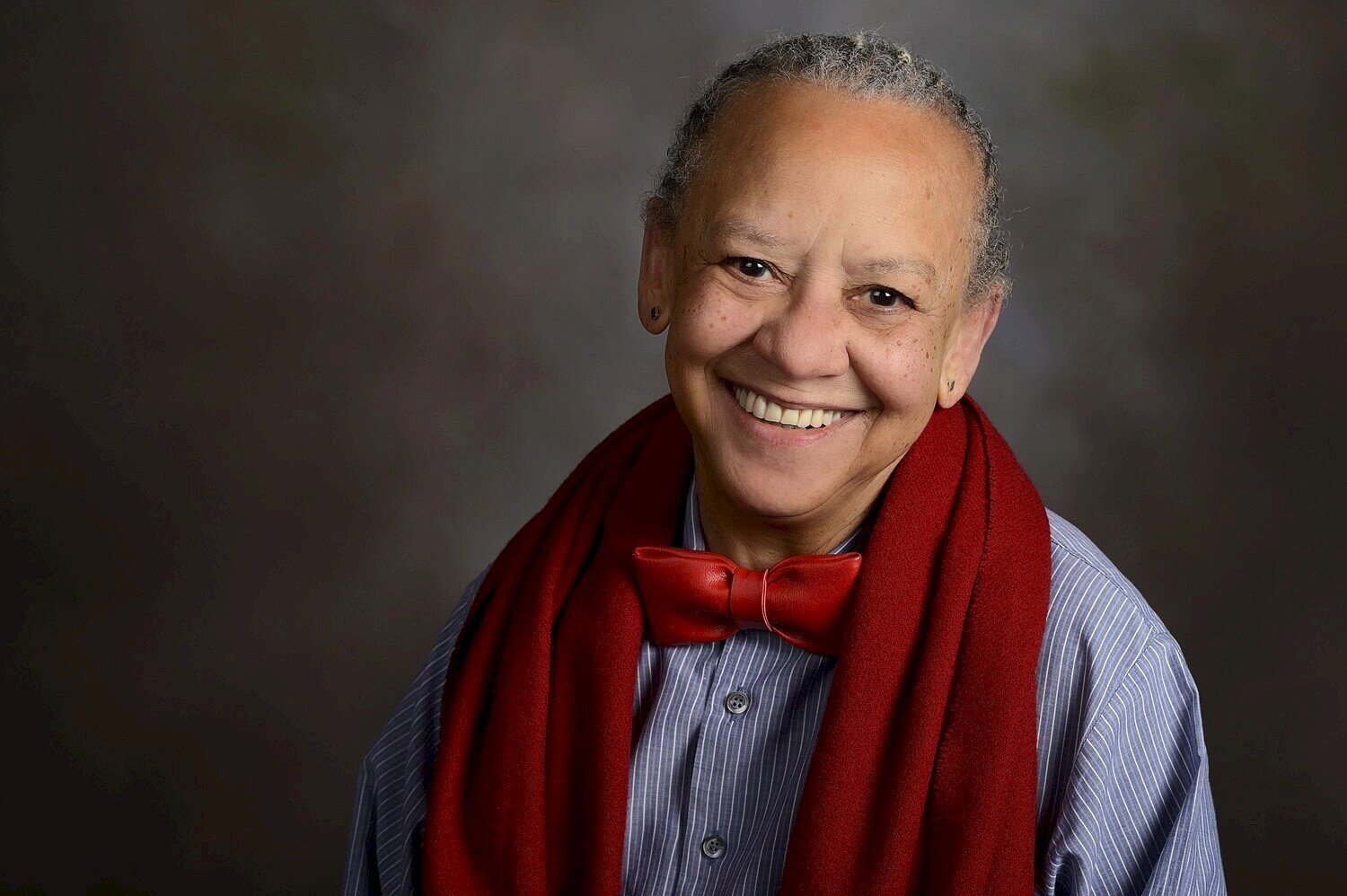Leslie and I had just started dating when she sent me a short clip of Brené Brown explaining the difference between empathy and sympathy. Empathy is climbing down into the hole with somebody and saying “Hey, I know what it’s like down here, and you’re not alone.” Sympathy is poking your head in the top of the hole and saying “Ooo! It’s bad, uh-huh!” Brené’s simple-sounding words created such a profound paradigm shift that we still use the line “Come down to the hole with me” in our relationship when we’re looking for deeper understanding (i.e., trying to get out of a fight.)
That clip was the beginning of Brené’s incredible work entering our marriage. When we found out we were going to have a baby Leslie printed out her Parenting Manifesto and put it up on our wall. Leslie took Brené’s Kitchen Table Parenting Classes and we sat together watching her viral TED Talks, The Power of Vulnerability and Listening to Shame. I gave Leslie a copy of Daring Greatly on the day she gave a speech to her old high school and I was lucky to see Brené give a talk at a conference full of A-listers where hers was the only talk punctuated throughout the speech with standing ovation after standing ovation.
Her wisdom may sound simple but it just hits you like a ton of bricks. Many of her lessons have themselves become tendons in our relationship including the phrase, “The story I’m telling myself is…” which we use to navigate tough conversations and not lay blame.
Her #1 New York Times bestsellers Daring Greatly, The Gifts of Imperfection, Braving the Wilderness, Rising Strong and Dare to Lead grace our shelves and often lie beside our bed. We turn to them again and again. We loved her Netflix special The Call to Courage and her hit podcasts — yes, plural! — Unlocking Us and Dare to Lead featuring a lot of no-name guests like President Barack Obama, Dolly Parton, and President-Elect Joe Biden. I mean: come on!
Brené is a North Star to so many.
Teachers, CEOs, movie stars, Oprah, and even Prince Harry and Meghan Markle are amongst her legion of fans. She is doing so much good in a world full of anxiety, grief, misunderstanding and miscommunication.
She is the beacon we all need.
It was a huge privilege to sit down and interview Brené together with my wife Leslie. We loved this intimate and wide-ranging conversation discussing questions like: How do we truly honor our partners? What is the value of ordinary moments? How do we actually operationalize love? How do we build and maintain boundaries? How do we become ‘less sweet and more kind’? And, of course, what are Brené Brown’s 3 most formative books?
Are you ready? Please sit back and enjoy Chapter 70 with the one and only … Brené Brown.
Let’s go!
What You'll Learn:
How do we make time for friends?
How do we find contentment within our sphere of influence?
What does it mean to be spiritually fit?
How do we build and maintain boundaries?
How do we become “less sweet and more kind”?
How can a classroom be transformed into a sacred space?
What does it take to be a great teacher?
What is meant by the phrase “education as the practice of freedom”?
How can we better train teachers to be agents of change?
What is a love ethic?
What is a pandemic of lovelessness?
How can we learn to love?
Notable quotes from Brené Brown:
“I have become less sweet and more kind.” - Brené Brown #3bookspodcast
CONNECT WITH Brené:
Word of the chapter:
Wordcloud of the chapter:
Resources Mentioned:
Brené’s first book [30:11]
Brené’s second book [44:46]
Brené’s third book [56:07]
“Genetics holds the gun; environment pulls the trigger” Dr. Oz
“Help is the sunny side of control” Anne Lamott
Pedagogy of the Oppressed by Paolo Freire
Doubling Down on Love by Brené Brown
East of Eden by John Steinback
The Catcher in the Rye by J.D. Salinger
Bastard Out of Carolina by Dorothy Allison
Enjoy the show? Use the Links Below to Subscribe:












